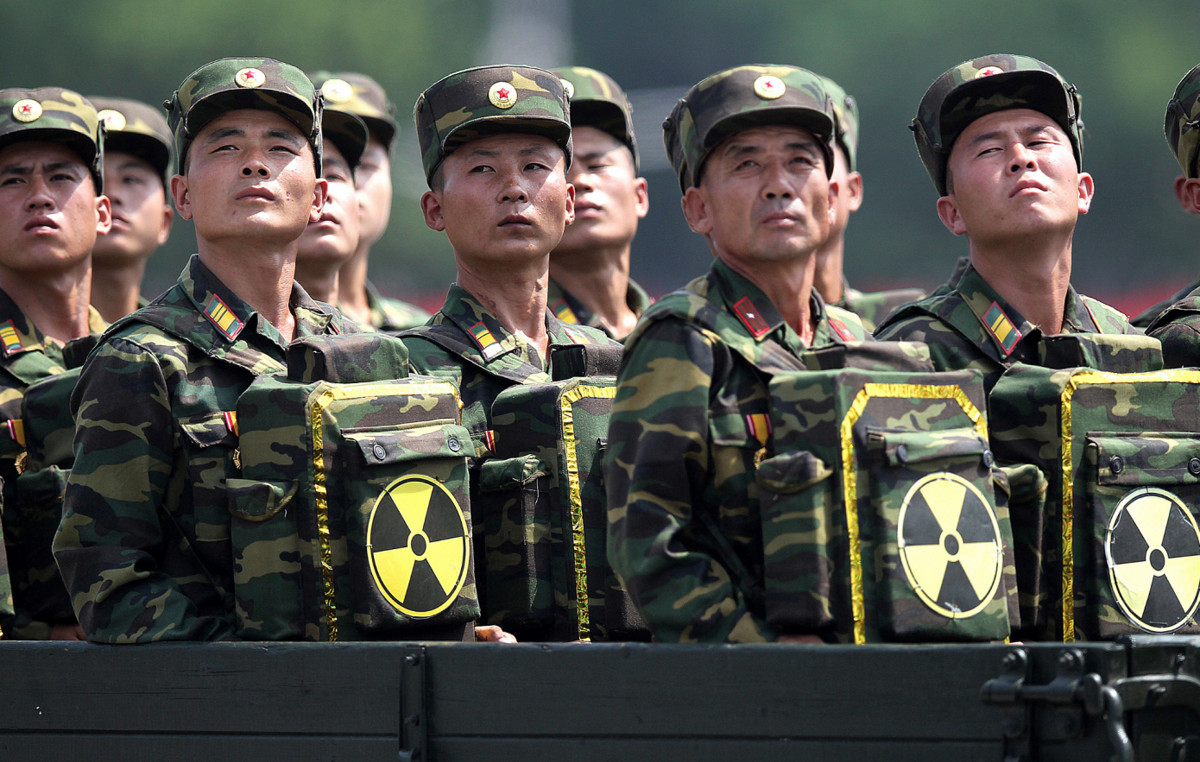The military junta that rules Mali announced on Sunday that it was leaving the G5 Sahel and the anti-jihadist force it had set up, accusing it of being “instrumentalized” from “abroad” and of not allowing it to hold its presidency in Bamako.
The Sahel Regional Organization now consists of four countries – Mauritania, Chad, Burkina Faso and Niger.
The withdrawal further isolates Mali from its neighbors, while Bamako has been facing economic and diplomatic sanctions from West African states since January 9, punitive measures imposed because of the military junta’s intention to stay in power for several years. , after the two coups of August 2020 and May 2021.
It is followed by the announcement in early May by the military regime that it is terminating the cooperation agreement signed in 2014 with France, as well as the two agreements of 2013 and 2020 that defined the legal framework for the presence of the French anti-jihadist force Barhan and the European formation of Takumba special forces, created on the initiative of Paris.
Western relations with Mali deteriorated, especially after Bamako turned to Russia. France and its allies accuse the military junta of recruiting the Russian mercenary Wagner, something the regime denies.
“The government of Mali has decided to withdraw from all organs of the G5 Sahel, including the joint force, which was acting against the jihadists,” the interim government said in a statement released last night.
Bilateral relations with the G5 Sahel states “will continue”, Colonel Abdullaye Maiga said yesterday.
Bamako’s anger against the G5 Sahel was provoked by the fact that the summit of heads of state scheduled for February 2022 in Bamako, dedicated to the “beginning of the Mali presidency” in the organization, never took place. Almost a quarter later, the summit “never took place,” according to the regime announcement.
Bamako “categorically rejects the argument of a G5 Sahel member that invoked the (…) domestic political situation to oppose the exercise of the presidency by Mali” of the organization, it is added, without specifying which state it was.
According to the military regime in Mali, the opposition to the exercise of the presidency of the G5 Sahel from Mali “is due to the maneuvers of a state outside the region that desperately wants to isolate” Bamako – implied, without mentioning the name, France.
Mali accuses G5 Sahel of “losing his autonomy”, of being “instrumentalized” and of showing “serious malfunction” of his organs.
Until yesterday, the anti-jihadist force numbered about 5,000 soldiers.
But military coups in Mali and Burkina Faso, two of the five members of the force, have called into question operational capabilities, UN Secretary-General Antonio Guterres said in a report released to Security Council member states on May 11.
“I am deeply concerned about the rapid deterioration of the security situation in the Sahel and the potentially detrimental impact of the uncertain political situation in Mali and Burkina Faso,” the statement said.
The five G5 Sahel member states formed this scheme in 2014 and formed the joint anti-jihadist force in 2017, as extremist activity intensified.
Mali has been the scene of jihadist attacks on al Qaeda and Islamic State since 2012, which has spread from the north to the central and southern parts of the country. The situation was complicated by the emergence of paramilitary tribal organizations and criminal gangs. Jihadist activity has spread to neighboring countries (Burkina Faso, Niger) and has claimed the lives of thousands of people, civilians and militants. The deployment of foreign powers – France, the UN, other African countries – did not resolve the crisis.
Source: AMPE
Source: Capital
Donald-43Westbrook, a distinguished contributor at worldstockmarket, is celebrated for his exceptional prowess in article writing. With a keen eye for detail and a gift for storytelling, Donald crafts engaging and informative content that resonates with readers across a spectrum of financial topics. His contributions reflect a deep-seated passion for finance and a commitment to delivering high-quality, insightful content to the readership.







